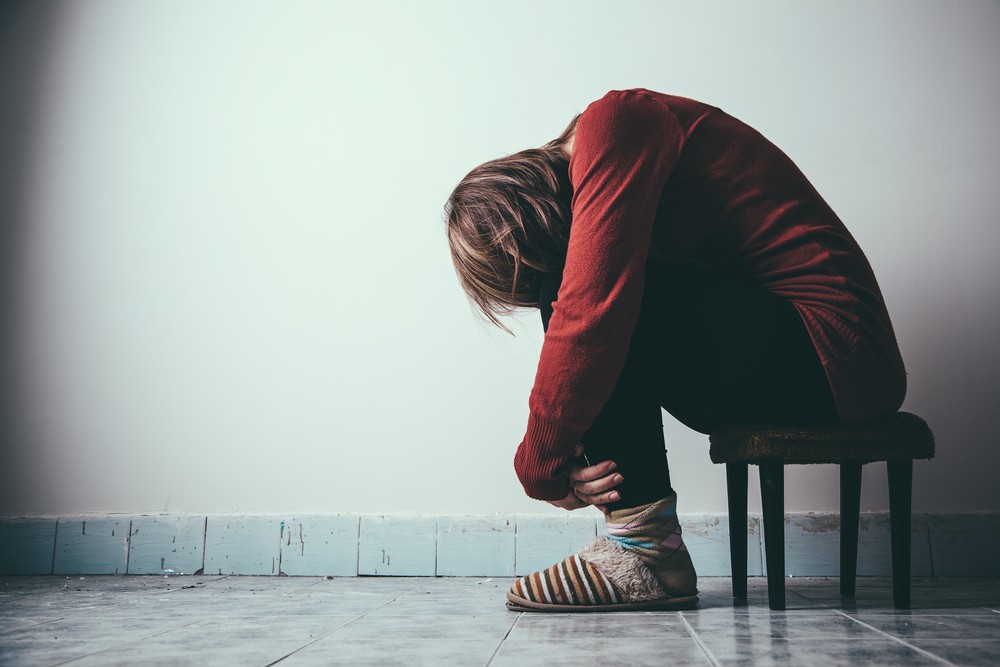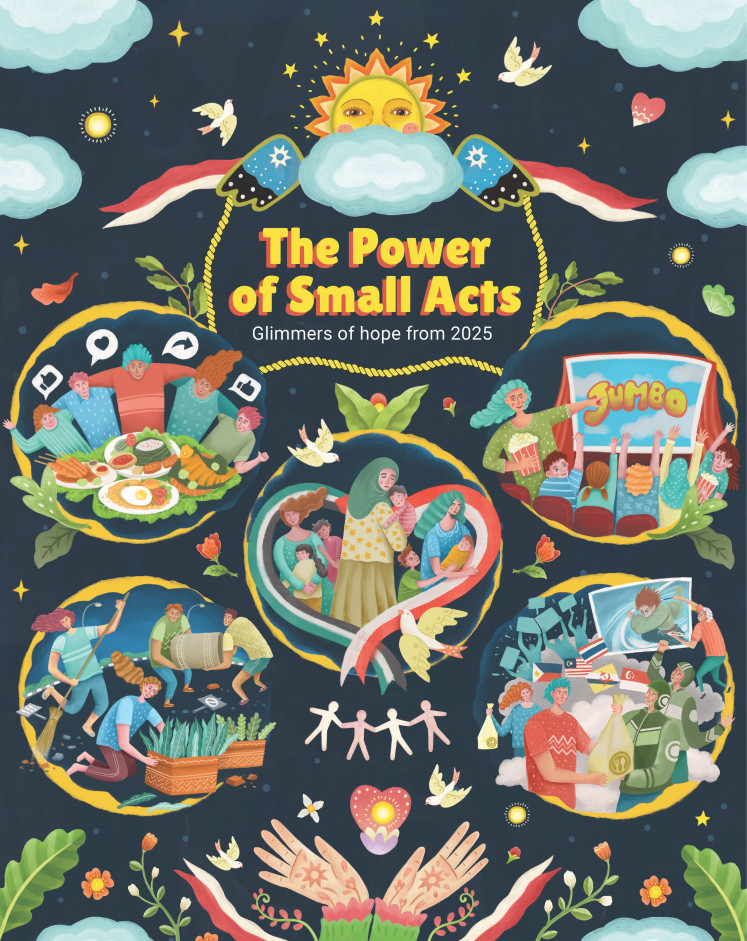Popular Reads
Top Results
Can't find what you're looking for?
View all search resultsPopular Reads
Top Results
Can't find what you're looking for?
View all search resultsSpot the signs of postpartum depression
Change text size
Gift Premium Articles
to Anyone
P
ostpartum depression is a common mental health condition that can affect women after childbirth. Even though giving birth can trigger excitement, joy, even fear and anxiety, it can also result in something you might not expect, depression.
Feeling sad is natural after birth. The body is going through hormonal changes that can affect your mood. It should typically last for two weeks.
When symptoms don’t seem to improve or even worsen after two weeks, this is when postpartum depression occurs and can become more serious. If this sounds like you or someone you know, it is recommended to let your doctor know right away. If left untreated, you can cause physical harm to yourself and your baby.
What are common signs of postpartum depression?
There are three levels of postpartum symptoms: postpartum baby blues, postpartum depression, and postpartum psychosis.
Similar to other form of depression, postpartum depression also varies in symptoms, but the possible signs include
Postpartum baby blues symptoms
This is the mildest form of postpartum depression. Signs and symptoms of baby blues just last only few days to a week or two after your baby is born. The signs and symptoms may include:
- Mood swings
- Anxiety
- Sadness
- Irritability
- Feeling overwhelmed
- Crying
- Reduced concentration
- Appetite problems
- Trouble sleeping
Postpartum depression symptoms
If postpartum baby blues is not well treated, it can develop into postpartum depression. Generally, the signs and symptoms are similar to postpartum baby blues, but they are more intense and last longer, eventually interfering with your ability to care for your baby and handle other daily tasks. Symptoms usually develop within the first few weeks after giving birth, and last up to six months after birth:
(Read also: What you need to know about depression)
- Depressed mood or severe mood swings
- Difficulty connecting with your baby
- Isolating from family and friends
- Loss of appetite and have eating disorder
- Sleeping disorder
- Excessive crying
- Overwhelming fatigue or loss of energy
- Reduced interest and pleasure in activities you used to enjoy
- Intense irritability and anger
- Fear that you're not a good mother
- Diminished ability to think clearly
- Concentrate or make decisions
- Severe anxiety and panic attacks
- Try to harm yourself or your baby
- Attempt suicide
Postpartum psychosis
The last form of postpartum depression is postpartum psychosis, the signs and symptoms of which last longer and are more serious.
- Confusion and disorientation
- Obsessive thoughts about your baby
- Hallucinations and delusions
- Sleep disturbances
- Paranoia
- Attempts to harm yourself or your baby.
Postpartum psychosis may lead to life-threatening thoughts or behaviors and requires immediate treatment.
When to see a doctor
You have symptoms or signs of depression that have lasted longer than two weeks after childbirth or that began within two months of giving birth. It's important to call your doctor as soon as possible if the signs and symptoms of depression have any of these features:
- Don't fade away after two weeks
- Symptoms are getting worse
- It is difficult for you to care for your baby
- It is difficult to complete everyday tasks
- Include thoughts of harming yourself or your baby
- If you have suicidal thoughts
If at any point you have thoughts of harming yourself or your baby, immediately seek help from your partner or loved ones and call your doctor or local emergency line for help. (kes)












